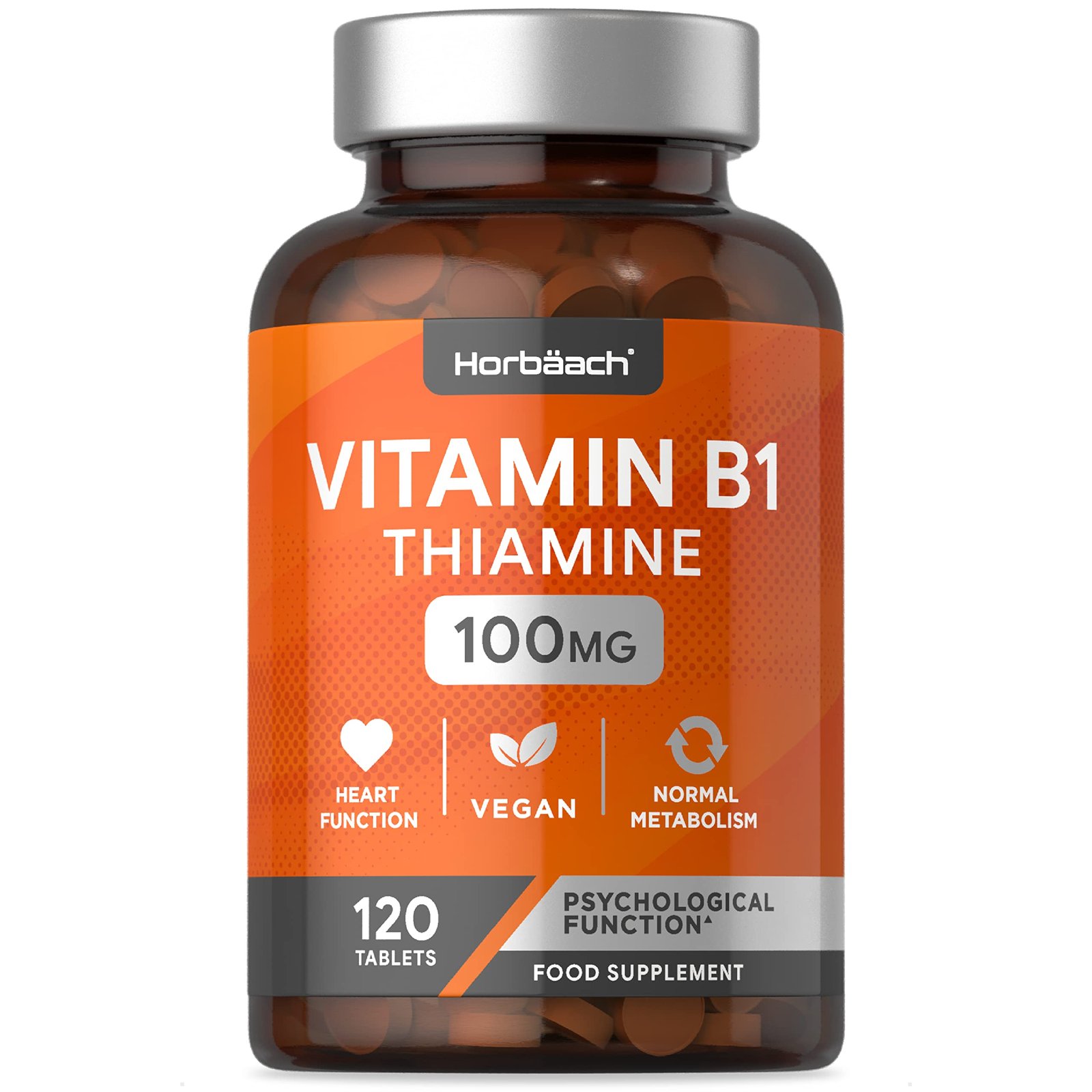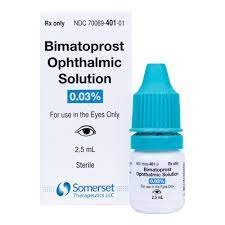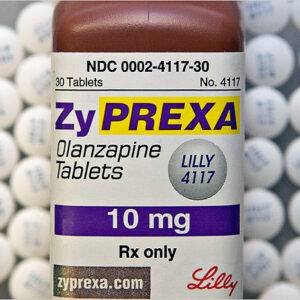Thiamine (vitamin B1) 100mg
-22%$120.00 – $820.00
- Thiamine Deficiency – Used to treat or prevent low levels of Vitamin B1.
- Beriberi – A disease caused by severe thiamine deficiency, leading to nerve, heart, and muscle problems.
- Wernicke-Korsakoff Syndrome – A brain disorder caused by low thiamine, common in people with long-term alcohol use.
- Energy Boost – Helps people who feel weak or tired due to poor nutrition.
- Nerve Health – Supports proper nerve function and may help people with diabetes-related nerve pain.
- Take exactly as prescribed by your doctor.
- Usually taken once daily, with or without food.
- Swallow the tablet whole with water.
- If taking liquid Thiamine, use a measuring spoon to get the right dose.
- Boosts energy levels and reduces fatigue.
- Supports brain function and memory.
- Promotes a healthy heart and nervous system.
- Helps people with alcoholism recover from vitamin deficiency.
- Whole grains (brown rice, oats)
- Nuts and seeds
- Beans and lentils
- Meat (pork, beef, chicken)
- Fish (tuna, salmon)
- Eggs and dairy products
- Nausea or stomach discomfort
- Mild skin rash
- Sweating
- Swelling of the face, lips, or throat (allergic reaction)
- Difficulty breathing
- Fast heartbeat
- Have severe allergies to thiamine or vitamin supplements.
- Have a medical condition affecting vitamin absorption.
- Are pregnant or breastfeeding (your doctor will decide the right dose).
What is Thiamine?
Thiamine, also known as Vitamin B1, is an important vitamin that helps the body convert food into energy. It plays a key role in keeping the nervous system, muscles, and heart healthy. Since the body cannot store a lot of thiamine, it needs to be taken regularly through food or supplements.
Uses of Thiamine (Vitamin B1) 100mg
Doctors prescribe Thiamine 100mg for:
How to Take Thiamine 100mg
Benefits of Thiamine 100mg
Foods Rich in Thiamine
Thiamine is naturally found in many foods, such as:
Possible Side Effects
Thiamine is generally safe, but some people may experience:
Common Side Effects
Serious Side Effects (Rare but Dangerous)
If you experience serious side effects, seek medical help immediately.
Who Should Not Take Thiamine?
Thiamine is safe for most people, but consult a doctor if you:
Conclusion
Thiamine (Vitamin B1) 100mg is an important vitamin for energy, brain function, and nerve health. It is essential for people with deficiency, alcohol-related conditions, or low energy levels. Since thiamine is water-soluble and not stored in the body, regular intake through food or supplements is important. Always talk to a healthcare professional before starting any supplement.
| packing pills | 30 pills, 60 pills, 120 pills, 180 pills, 200 pills, 250 pills, 300 pills, 400 pills, 500 pills |
|---|

 Cart is empty
Cart is empty 









Reviews
There are no reviews yet.